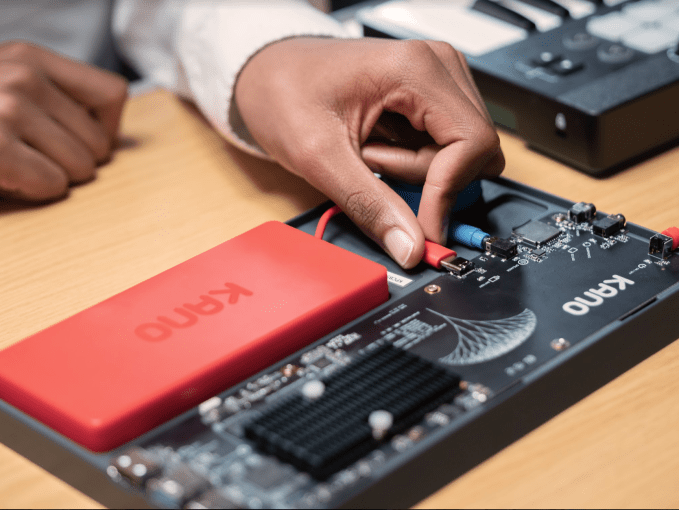YouTube has teamed up with Universal Music Group to remaster nearly a thousand classic music videos, the companies announced today, including those from from Billy Idol, Beastie Boys, Boyz II Men, George Strait, Janet Jackson, Kiss, Lady Antebellum, Lady Gaga, Lionel Richie, Maroon 5, Meat Loaf, No Doubt/Gwen Stefani, Smokey Robinson, The Killers, Tom Petty, and others.
Many of the most iconic music videos on YouTube were only available in the “outdated standards originally intended for tube televisions with mono speakers,” YouTube explained in an announcement. But today, people watch videos across a number of platforms — desktop, mobile, and TV — and they often do so in high-definition. The old videos didn’t hold up.
With the new partnership, both the video and audio quality will be updated to the highest standards, then the new videos will slide in to take the place of the existing SD versions. They’ll also retain the same URL on YouTube as well as all the view-counts and likes, instead of arriving as new content.
As of today, the companies have already updated over 100 music videos including the following:
- Billy Idol: White Wedding
- Beastie Boys: Sabotage
- Boyz II Men: End of the Road
- George Strait: Check Yes or No
- Janet Jackson: When I Think of You
- KISS: Forever
- Lady Antebellum: I Run To You
- Lady Gaga: Bad Romance
- Maroon 5: She Will Be Loved
- Meat Loaf: I’d Do Anything For Love (But I Won’t Do That)
- No Doubt: Don’t Speak
- Gwen Stefani: Hollaback Girl
- Smokey Robinson: Being With You
- The Killers: Mr. Brightside
- Tom Petty: Free Fallin’
The plan is to fully upgrade nearly 1,000 over the next year, with plans to have all 1,000 titles available before year-end 2020. More videos will arrive on a weekly basis as this program continues, YouTube says.

The videos will be available exclusively on YouTube and YouTube Music — the latter ahead of a planned merger with Google Play Music.
You’ll be able to tell if a YouTube music video has been through the upgrading process because it will read “Remasted” in the video’s description.
“It’s really an honor to partner with Universal Music Group and change the way fans around the globe will experience viewing some of the most classic and iconic videos. The quality is truly stunning,” said Stephen Bryan, Global Head of Label Relations at YouTube, in a statement. “It’s our goal to ensure that today’s music videos — true works of art — meet the high-quality standards that artists’ works deserve and today’s music fans expect.”
“We’re excited to partner with YouTube to present these iconic music videos in the highest audio and video quality possible,” added Michael Nash, Executive Vice President of Digital Strategy at UMG. “Our recording artists and video directors imbued these videos with so much creativity; it’s great to enable the full experience of their vision and music. These videos not only look amazing on any screen now, they will be enjoyed by music fans for decades to come.”






